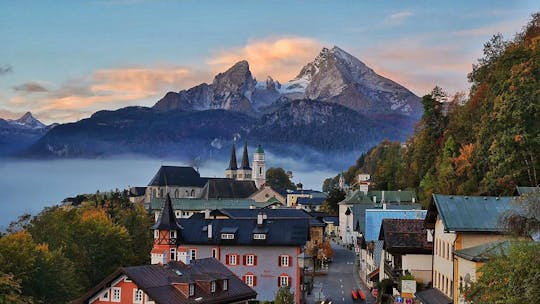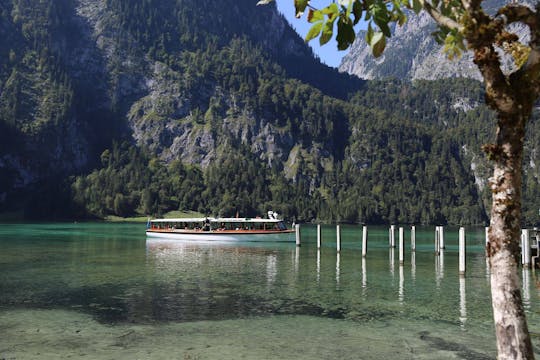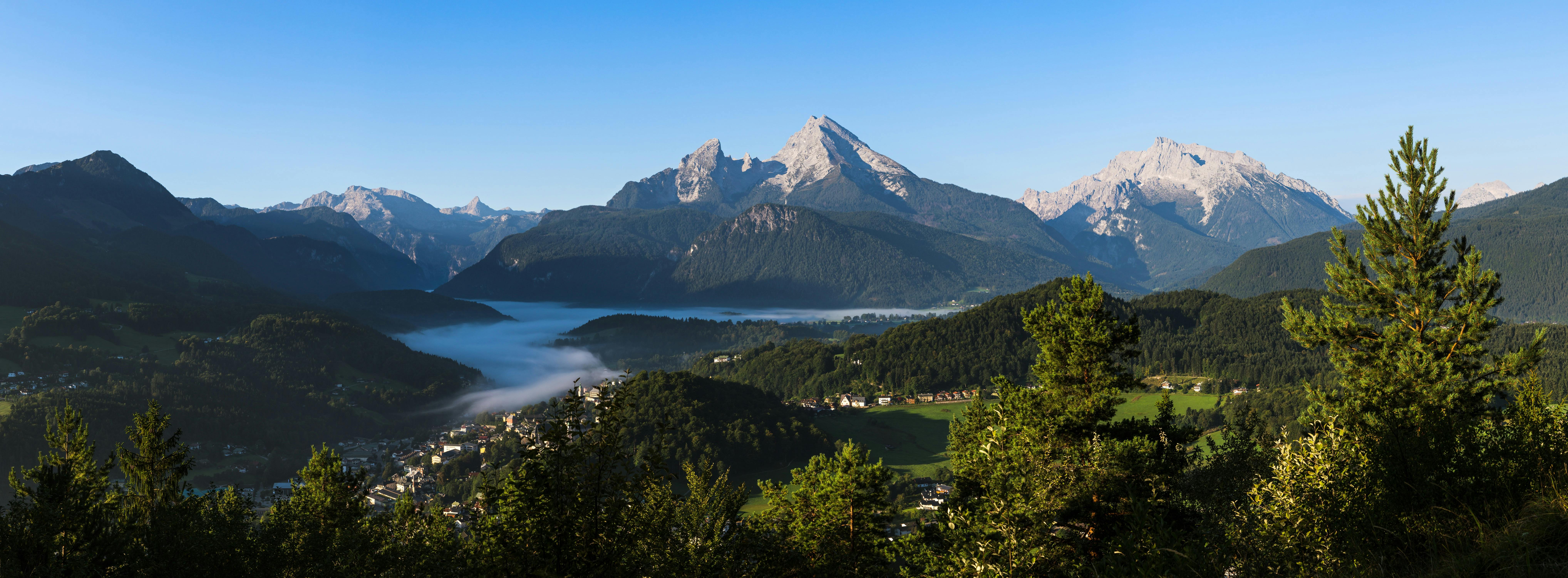
Salt Mine Berchtesgaden tours
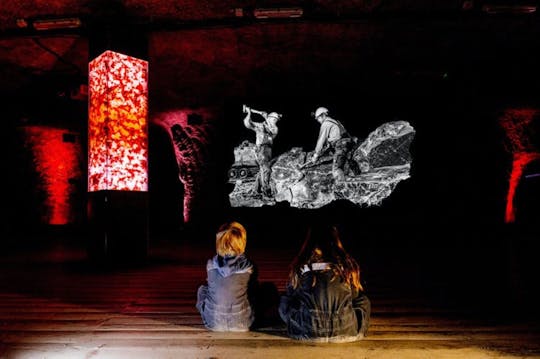
Live guided Salt Mine Berchtesgaden bus tour from Salzburg
Visit the Salt Mine Berchtesgaden and enjoy a bus tour then through the 500-year-old mine by train to hear fascinating tales about this underground world.
en, de
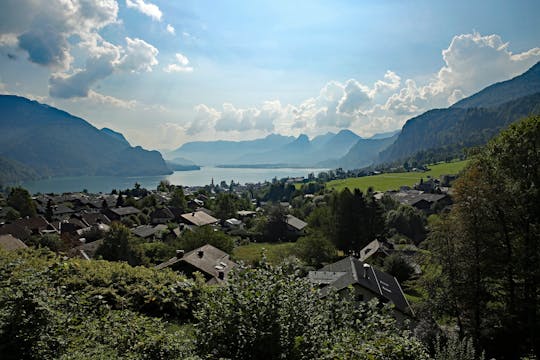
Salt Mine and Original Sound of Music combo tour from Salzburg
Combine the famous Original Sound of Music Tour with a visit of the Salt Mine in Berchtesgaden and visit the beautiful surroundings of Salzburg for a full day.
en, de
Top attractions in Berchtesgaden
You might also like
The inside story
Immerse yourself in an underground world where ‘white gold’ is found. The Salt Mine (Salzbergwerk) Berchtesgaden is the oldest active salt mine in Germany and has been active for over 500 years. Located in Berchtesgaden, a small town in the Bavarian Alps just 15 miles outside of Salzburg, the salt mine is a popular attraction amongst tourists of all ages and attracts around 330,000 annual visitors.
The Salt Mine Berchtesgaden was officially founded in 1517 by Prince-Provost Gregor Rainer, although the salt mining industry in the region goes back to the late 12th century. Not only was the salt used as a resource, it was traded and became a huge source of income for the Prince-Provostry of Berchtesgaden. The mine remained independent to the estate of the Holy Roman Empire up until 1803 when it then became part of Bavaria, after two laws were passed.

